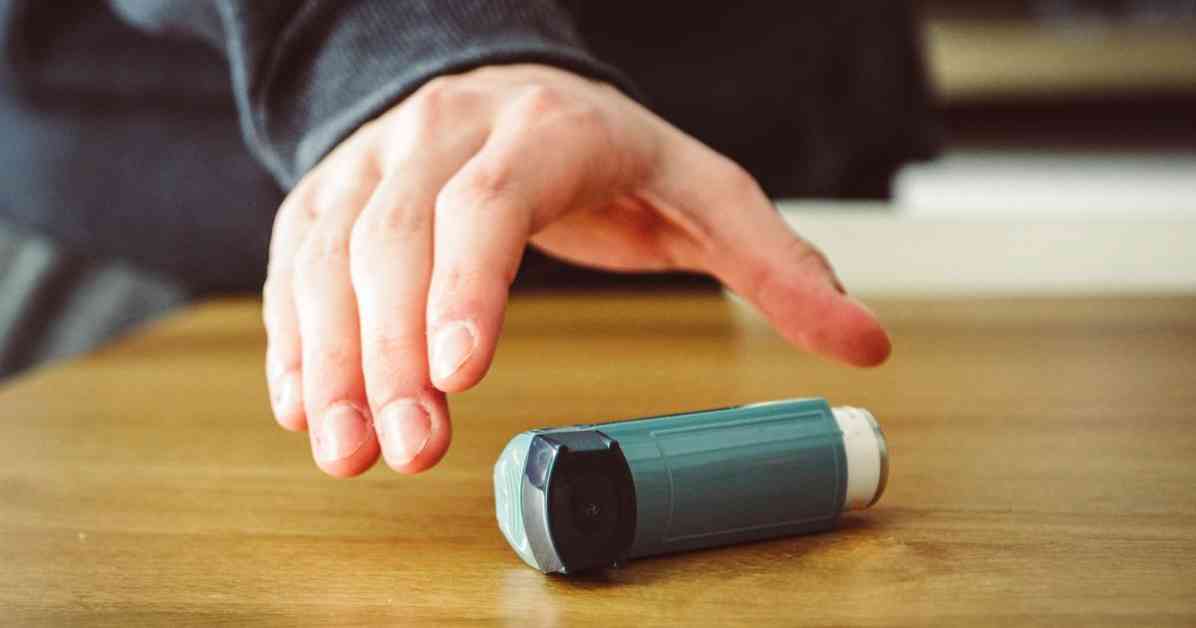As the colder weather approaches, the NHS is warning of a potential increase in asthma-related emergencies among students. A recent study has shown a concerning rise in hospital admissions for asthma attacks in young adults aged 15 to 24 during the transition from summer to autumn. Factors such as mouldy or damp living conditions, viruses, and air pollution are known to exacerbate asthma symptoms, according to Asthma and Lung UK.
One student, Chloe Fox, shared her struggles with asthma after starting university. Despite being diagnosed with asthma at a young age, Chloe’s condition deteriorated significantly after moving to London for university. She recounted needing emergency care 20 times in just two years and feeling terrified during severe asthma attacks.
Chloe mentioned the challenges of living in dusty, damp, and mouldy accommodation, as well as being exposed to air pollution and viruses in a university setting. Asthma and Lung UK’s analysis of NHS hospital data revealed a 69% increase in admissions for 15 to 24-year-olds with asthma during the autumn months compared to summer.
Dr. Andrew Whittamore, the clinical lead at Asthma and Lung UK, emphasized the importance of students with asthma being proactive in managing their condition during the colder months. He advised students to use their inhalers as prescribed, register with a local GP, and be prepared for asthma flare-ups.
In addition to following medical advice, students are urged to get their flu vaccinations, update their asthma action plans, and ensure they have their inhalers with them at all times. It is essential for young people with asthma to take control of their condition, especially when exposed to new triggers like damp, mould, air pollution, and other environmental factors.
As winter approaches, respiratory viruses become more prevalent, leading to a rise in emergency admissions for lung conditions. Students moving away from home for the first time may encounter new triggers that affect their breathing, making it crucial for them to stay vigilant and proactive in managing their asthma.
By prioritizing their respiratory health and following medical recommendations, students can minimize the risk of asthma attacks and stay healthy throughout the colder months. Awareness, preparedness, and proactive management are key to ensuring students with asthma can enjoy their university experience without the fear of respiratory emergencies.












